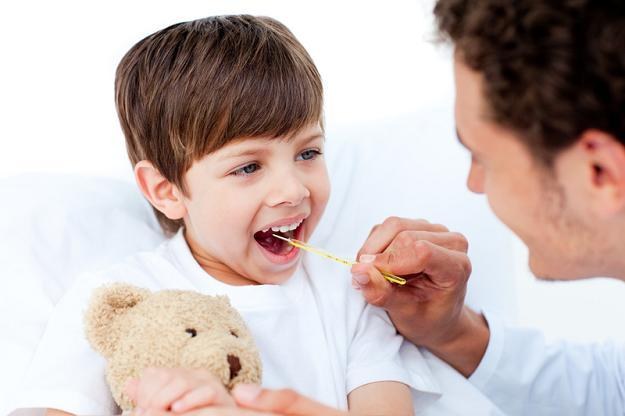Instruction
1
Usually a referral to various specialists prescribes by the doctor. For this you need to contact the clinic . If some of the doctor will not be on the site, will have to apply for paid services in other medical facilities. Therefore, it is better to start the examination in advance. Medical examination for admission to primary school is compulsory for all. So to avoid going to the doctors will not work.
2
The audiologist will check the condition of the ears and the nasopharynx of the child. The most common ENT infections (otitis, sinusitis, frontal sinusitis, tonsillitis, adenoids, sinusitis, pharyngitis, rhinitis, laryngitis) need timely prevention. This is particularly necessary in the first year of schooling. That's when the body adapts to the new conditions. In a large team of infection spread faster and easier. First graders often suffer from acute respiratory diseases. In the future this may lead to such diseases as chronic tonsillitis, adenoiditis, rhinitis, etc. for Example, the adenoids obstruct the breathing of the child. In this regard, impaired pronunciation, there are problems with voice and hearing. Sometimes the doctor recommends the removal of the inflamed nasopharyngeal tonsils. But the final decision is up to the parents. The doctor will also check the child's hearing. On the identified problems need to notify the teacher. Then he will choose for a baby seat at the Desk closest to the Board.
3
Ophthalmologist checks visual acuity of the child. Reduced vision in the first class, may cause low academic performance of the child. As a result, the doctor may recommend wearing glasses. At school, the strain on children's eyes increases significantly. Teaching reading and writing should not eventually damage the eyesight of the child or exacerbate the problem with him.
4
The dentist will examine the oral cavity of a child for different diseases. Tooth and tissues around it can be a source of infections. Dental disease is often a cause of diseases of the gastrointestinal tract. Moreover, in this age, the milk teeth change on the root is not yet completed. It is therefore important to check the proper growth of teeth and development of occlusion.
5
The body of a first grader experiencing a pretty serious load on the nervous system. Irritability, nervousness, stuttering, headaches and anxiety - this is an incomplete list of the problems experienced by the child in school. The huge flow of information, the mode change and reduced physical activity have consequences for a growing body. Especially when the existing deviations. The neurologist can give appropriate guidance to parents of the future student.
6
Podiatrist and surgeon - here are two experts that need to attend before school. The survey can identify problems with musculoskeletal disorders, impaired posture, flat feet. Based on this, the child may be encouraged to attend lessons of physical therapy. In the presence of umbilical or inguinal hernia, the surgeon may recommend surgery.
7
The purpose of the visit of a speech therapist is the identification and elimination of speech disorders speech therapy means. Contribute to the successful socialization of primary school pupils in the process of adaptation to new conditions. Carrying out diagnostics of a child's speech, speech therapist identifies the need for speech therapy services and its character. It can be as regular classes, and consultations as needed.
8
Before you enroll in school you need to pass some tests. It is the General analysis of blood General analysis of urine, analysis of blood sugar, as well as the analysis of a feces on eggs of worms. Need to do a ECG, ultrasound of abdomen, heart, thyroid gland. For boys – ultrasound examination of reproductive organs. As the doctor observes the child's development since birth, he can appoint additional examination and consultation. For example, a cardiologist or an allergist.
